AeroGenie — Your Intelligent Copilot.
Trending
Categories
AI System Developed to Decode Aviation Radio
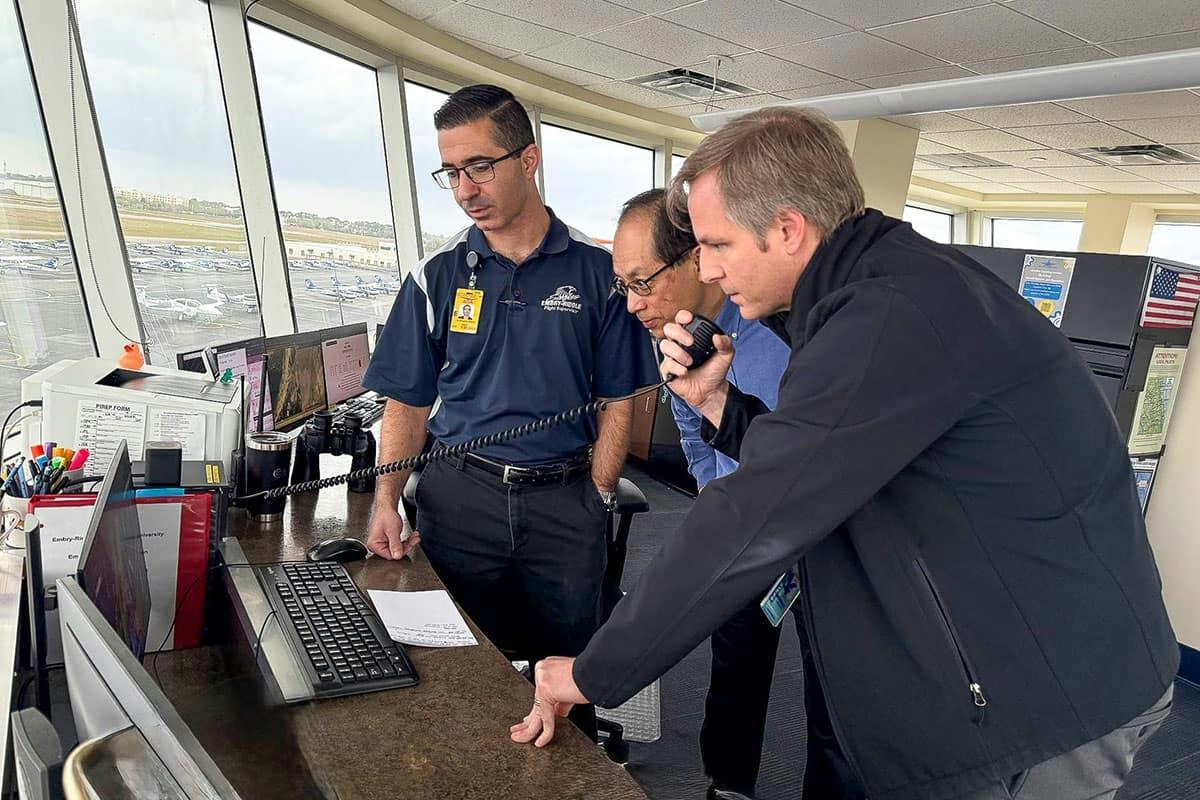
AI System Developed to Decode Aviation Radio Communications
Researchers at Embry-Riddle Aeronautical University have introduced an advanced artificial intelligence system designed to improve communication between pilots and air traffic controllers. This longstanding challenge in aviation arises from factors such as cockpit noise, weak radio transmissions, and the use of specialized jargon. The newly developed system employs automatic speech recognition to transcribe spoken radio transmissions into text. It then applies natural language processing techniques to standardize terminology, format call signs and numbers, eliminate filler words, and identify potential errors.
Andrew Schneider, assistant professor in the College of Aviation and director of the Speech and Language AI Lab, emphasized the system’s potential impact, stating, “This new tool provides an opportunity for another leap forward to help controllers and pilots have safer radio communication.” Schneider collaborated with Dr. Jianhua Liu, associate professor of Electrical and Computer Engineering, whose expertise in signal processing was instrumental in reducing word error rates from 80% to less than 15%.
Deployment and Industry Implications
The AI system has already been integrated into a NASA-funded project focused on accurately transcribing flight deck communications amid high background noise. Dr. Kristy Kiernan, associate director of the Boeing Center for Aviation and Aerospace Safety, highlighted the broader significance of such technology, noting that “large language models can open up whole new data sources that we can leverage to improve safety.”
Despite the promising advancements, the broader market environment presents challenges for widespread adoption. Recent volatility in AI-related stocks and skepticism surrounding the so-called “AI bubble” have prompted more cautious investment strategies. A report from the Massachusetts Institute of Technology revealed that 95% of organizations have yet to realize returns on their AI investments, contributing to hesitancy in sectors such as aviation. Consequently, industry stakeholders may carefully weigh the tangible benefits of AI systems against the risks associated with speculative technology investments.
Competitors within the aviation technology sector are expected to explore or adopt similar AI-driven solutions to maintain a competitive advantage. At the same time, ongoing talent shortages and substantial investments in AI hardware, including advanced processing chips, are likely to influence both the pace of development and the extent of market penetration for these systems.
Research Funding and Future Directions
The research, supported by two grants totaling $30,000 from the Embry-Riddle Boeing Center, commenced in 2023 using recordings from 12 U.S. airports. Schneider and Liu recently presented their findings at the university’s Safety Research Symposium and AI Summit. The team is now concentrating on developing real-time applications, including tools for checklist verification, detection of missed calls, and smart co-pilot features aimed at preventing communication breakdowns.
As the aviation industry continues to navigate the complexities of AI integration, Embry-Riddle’s system marks a significant advancement toward safer and more reliable radio communication. At the same time, it underscores the multifaceted challenges and evolving dynamics that will shape the future role of artificial intelligence in critical sectors.

Sabre Introduces New AI-Driven Platform
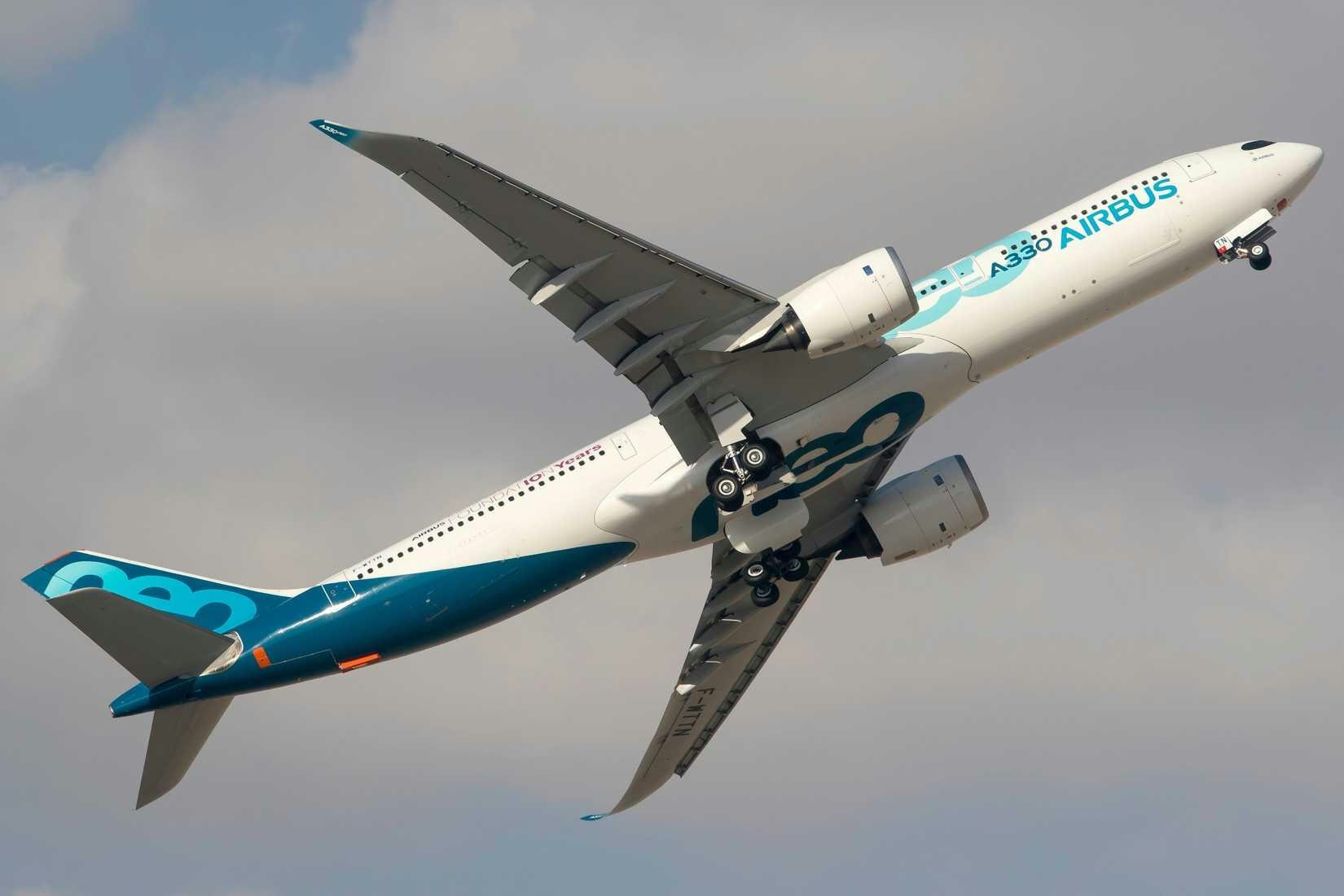
GOL CEO Confirms Possible Arrival of A330neo Widebody Aircraft

American Airlines donates APU to AIM Chicago for student training
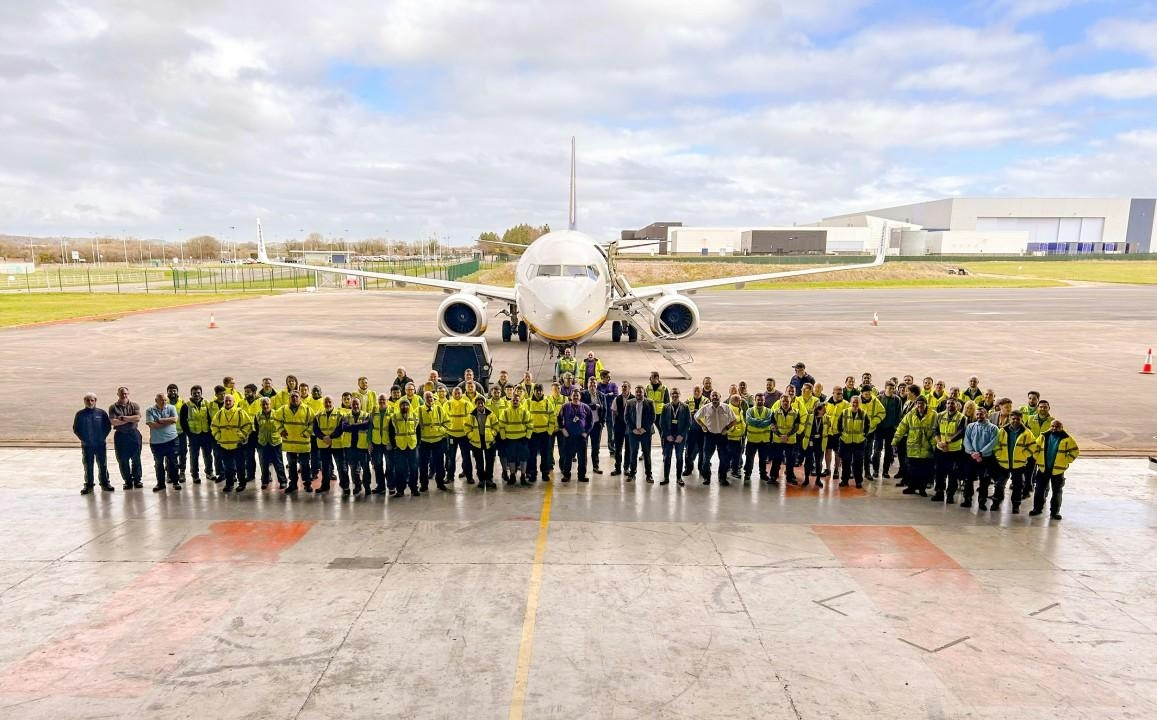
Steer Appointed Base Maintenance Manager at Caerdav
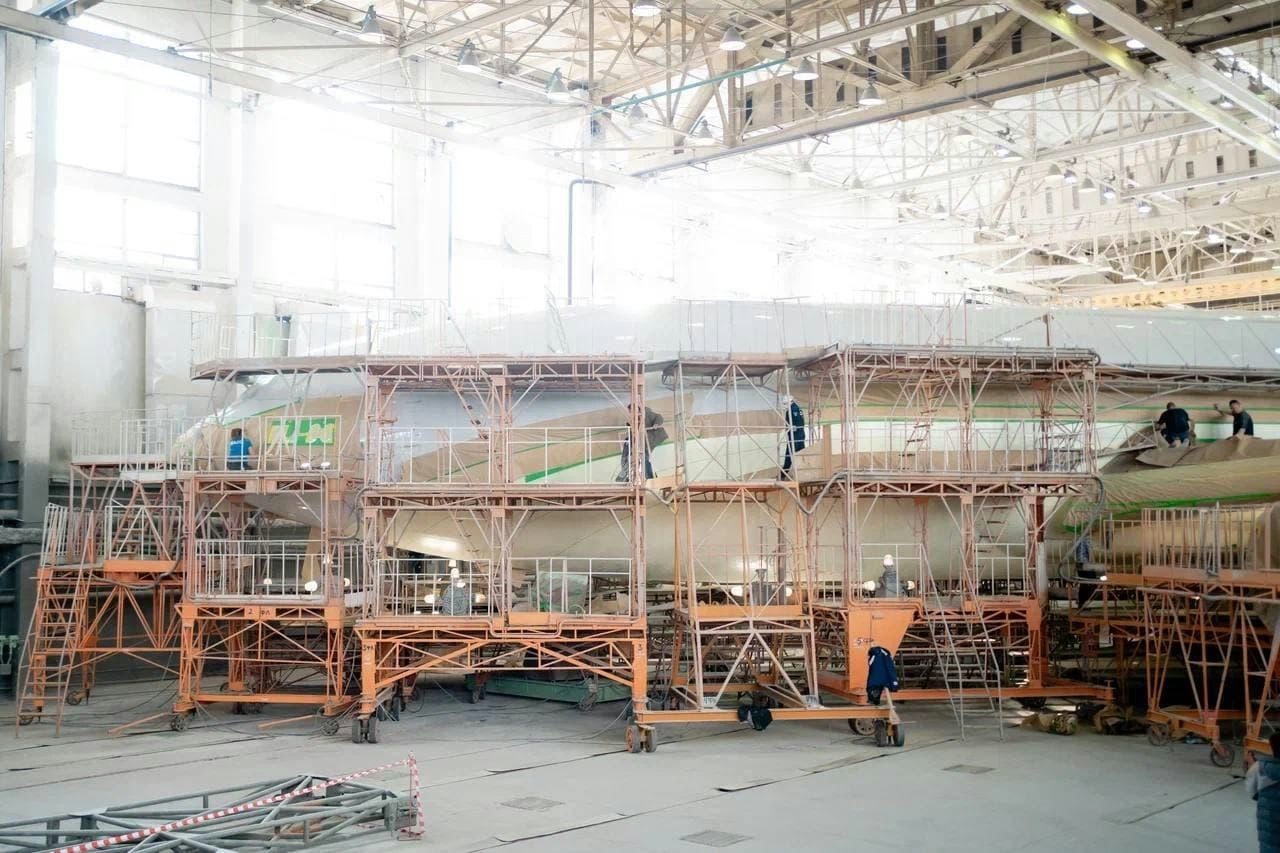
New Il-96 Wide-Body Aircraft Built in Russia; Customer Remains Undisclosed

SESAR JU and Canary Islands Sign Agreement to Advance Air Traffic Management
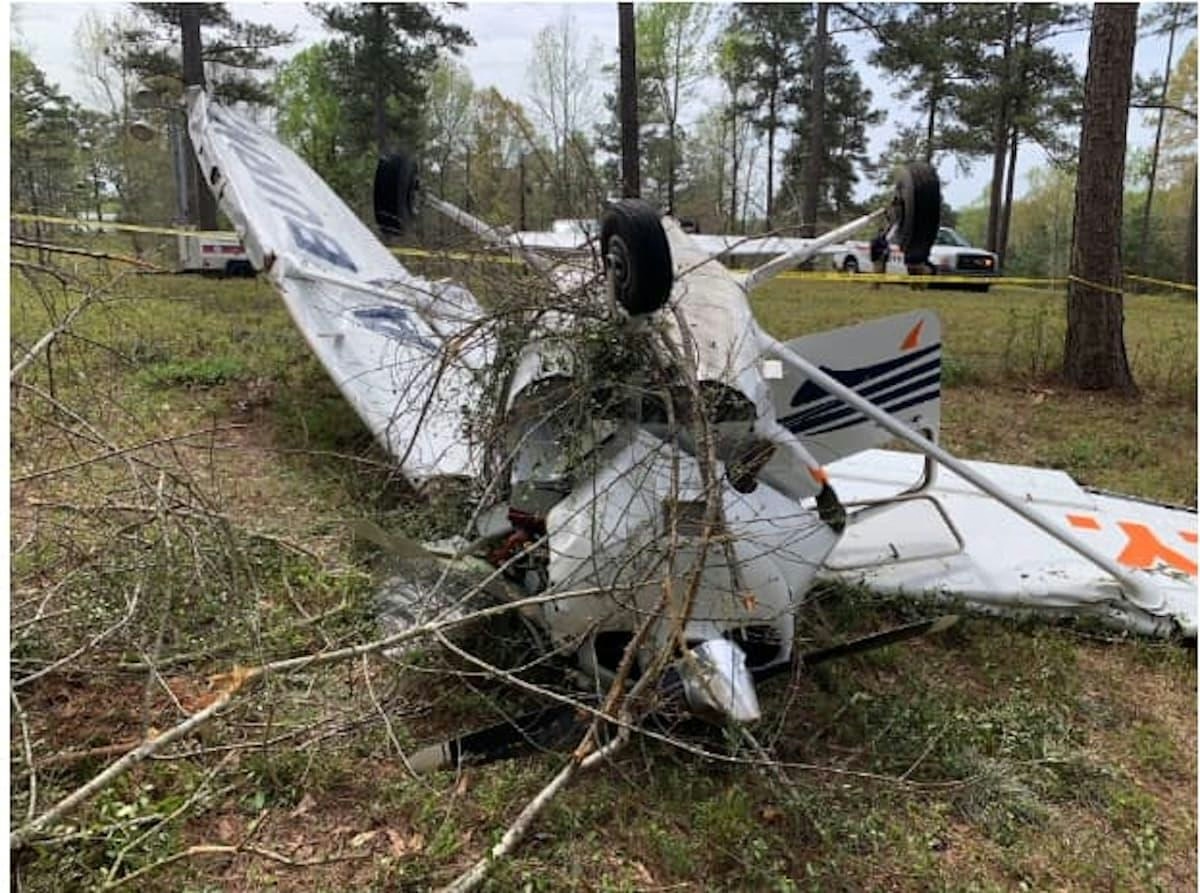
Contaminated Fuel Injector Causes Emergency Landing
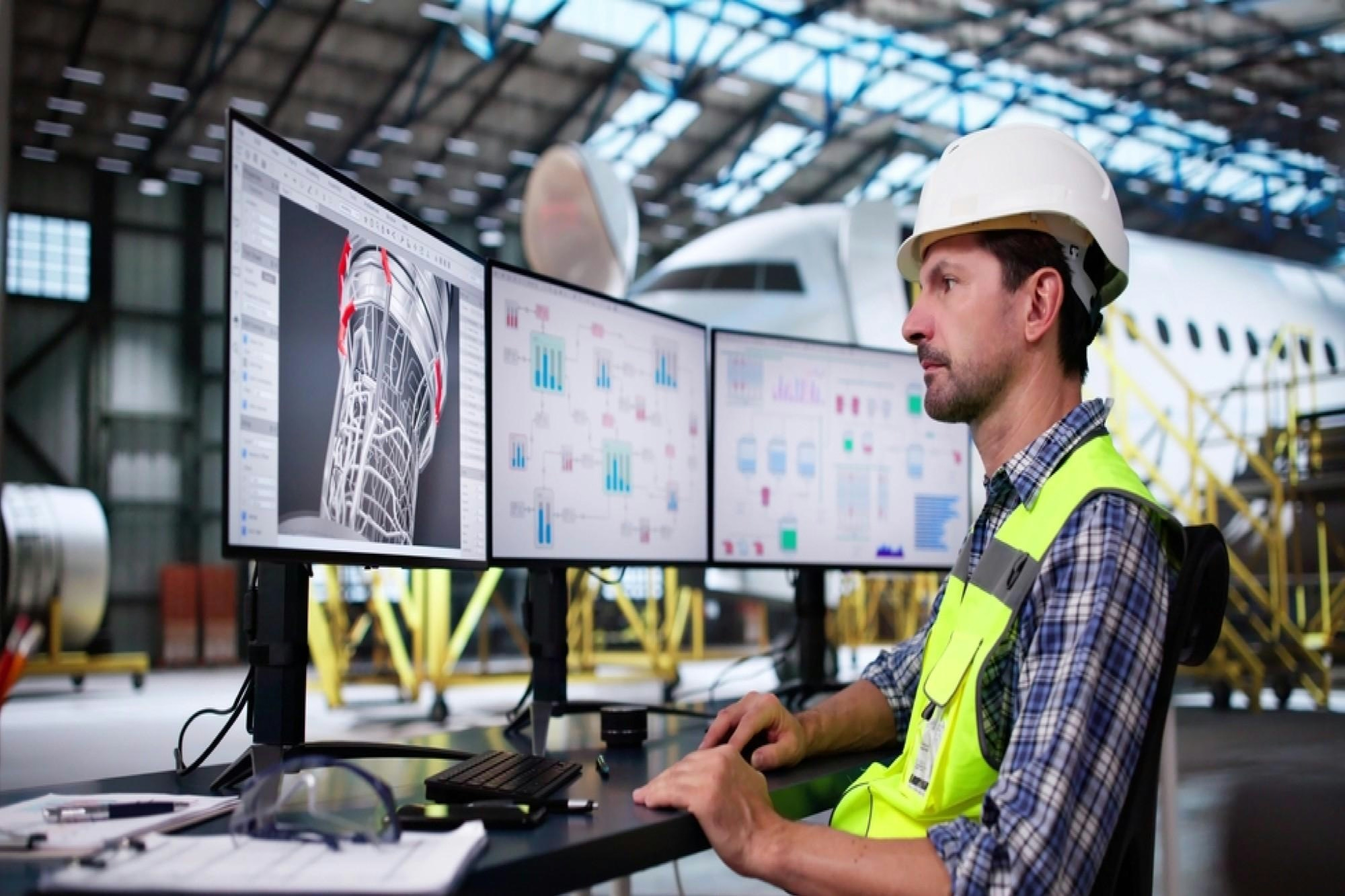
Sahar Group Adopts Ramco Aviation Software to Support Growth
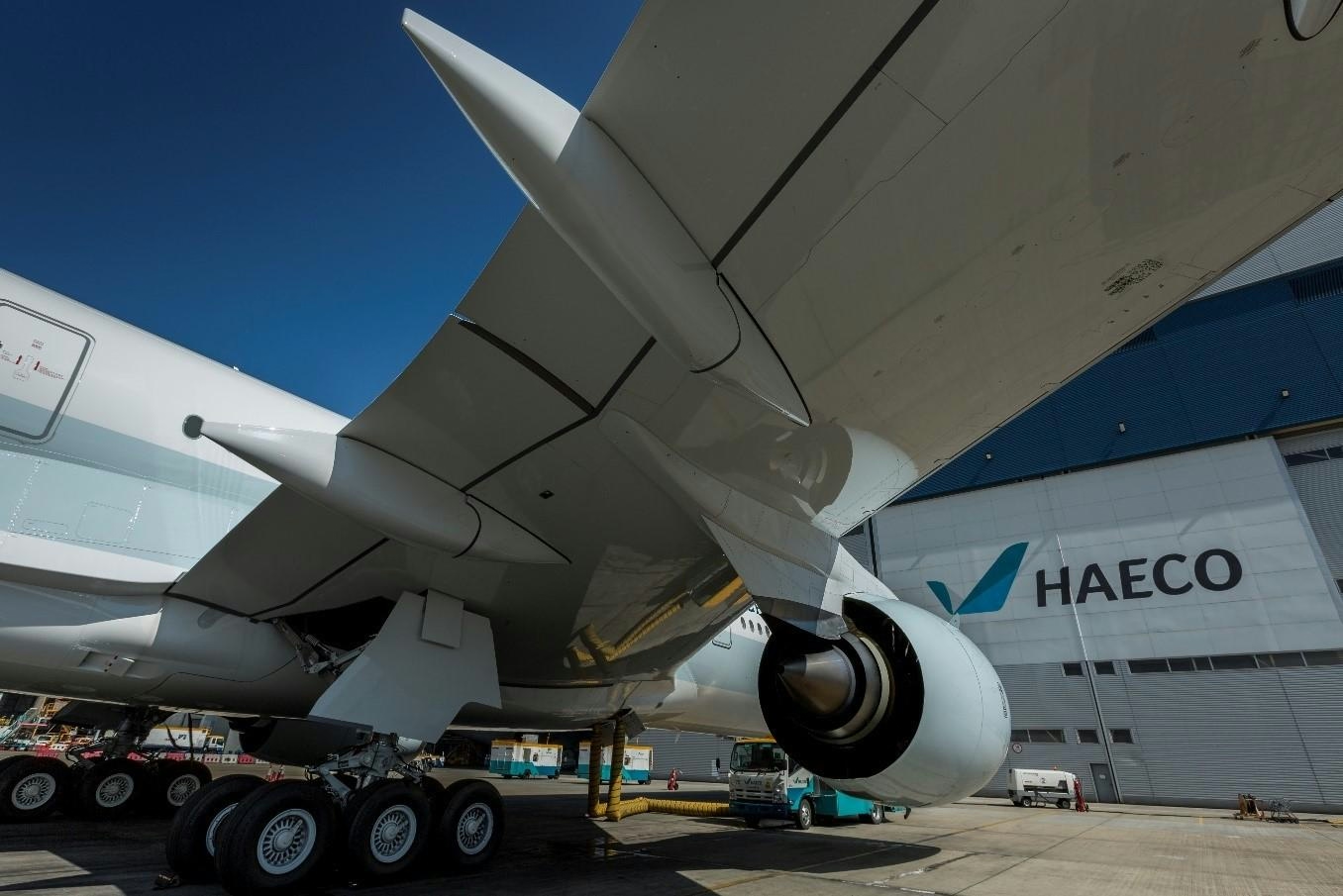
Deucalion Leases Three A330 Aircraft to Wamos Air

Acron Aviation Opens Global Headquarters in St. Petersburg, Florida
